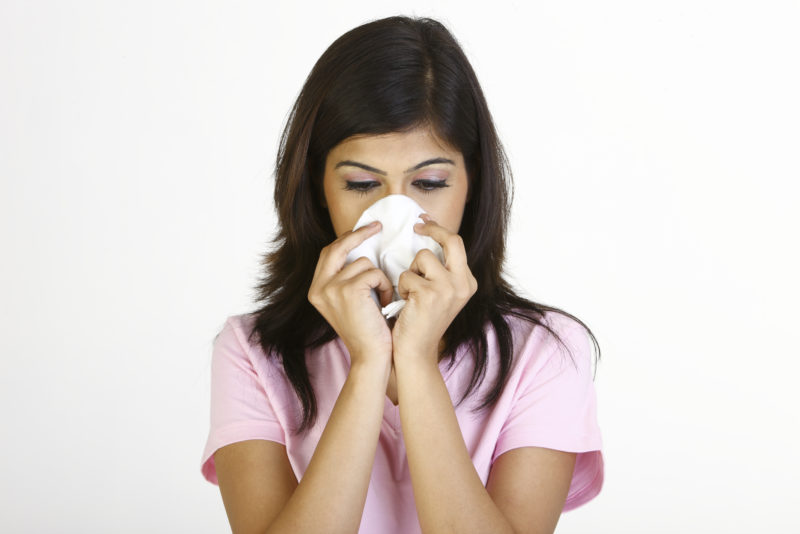If you’re suffering from indoor allergies, you’re likely experiencing miserable symptoms such as a runny nose, bouts of sneezing, congestion, a scratchy throat and itchy, watering eyes. To manage allergies, it’s vital to identify the reason behind the reaction, which may be one or more of these known triggers.
Dust
Common household dust can contain human and animal skin, insect parts, food waste, various fibers, soil bits and hair from different sources. It often hard to determine the exact component that triggers allergies, but you can lessen the likelihood of experiencing symptoms by wet dusting and vacuuming regularly.
Animal Dander
If allergies to pet dander develop, limiting exposure to the trigger may allow you to keep a cherished family member in your home. Frequent bathing can cut down on how much dander is shed, but it’s also wise to keep pets out of the sleeping areas and off upholstered furniture.
Dust Mites
These microscopic, eight-legged creatures live on dead human skin cells, so their populations are usually highest in bedding, carpet and soft furnishings. Instead of drinking water, dust mites absorb moisture directly from the air, so keeping indoor humidity in check is key to reducing their numbers.
Pollen
Plant pollen is often thought of as just an outdoor allergen, but it can create misery indoors too. To reduce the amount of pollen inside your home, close the windows and doors in the spring and fall, and keep the A/C running to filter the air. Getting everyone in the habit of removing footwear and changing clothes after spending any time outdoors can help too.
Mold
These fungi spores are already on most indoor surfaces, and all they need is warmth and moisture to grow. Once mold gets established, indoor air quality is affected and those with sensitivities can suffer an allergic reaction. To prevent mold growth, make sure your A/C is removing moisture effectively or explore other humidity-control options.
Learn more about Gentry Service Group indoor air quality solutions that help those suffering from indoor allergies, or contact us today at (828) 581-4045.


